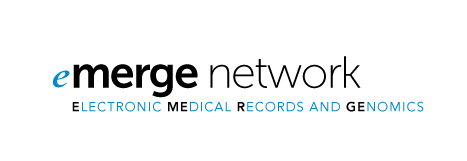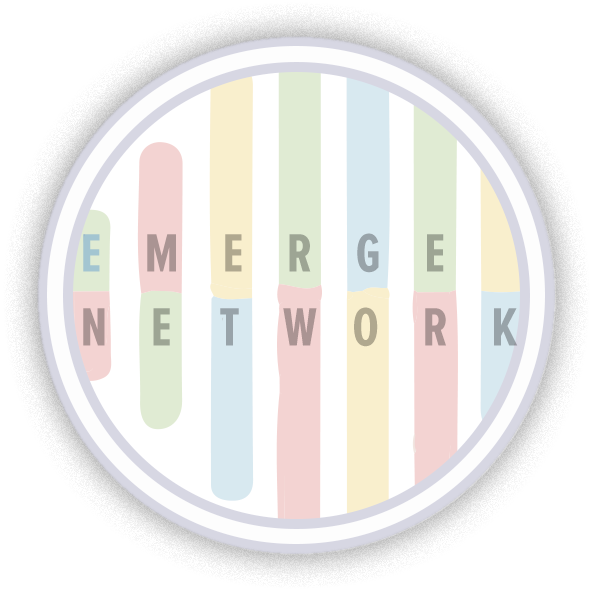ELSI Revised NOFOs
April 09, 2025 - 02:34PM - by Sophie Forman
Please note that the language and requirements in the NOFOs have been revised, and all potential applicants should carefully read through the entire NOFO before applying. As always, the ELSI Program Directors (Sheethal, Dave, Nicole, & Rene) are happy to talk to anyone interested in applying.
- R01 PAR-25-371, Ethical, Legal and Social Implications (ELSI) Research (R01 Clinical Trial Optional)
- R21 PAR-25-369, Ethical, Legal and Social Implications (ELSI) Exploratory/Developmental Research Grant (R21 Clinical Trial Optional)
- R03 PAR-25-370, Ethical, Legal and Social Implications (ELSI) Small Research Grant (R03 Clinical Trial Optional)
DEADLINE EXTENDED, Now April 14th: NCI/AcademyHealth Visiting Scholars Program
March 12, 2025 - 09:41PM - by Sophie Forman
DEADLINE EXTENDED: NCI/AcademyHealth Healthcare Delivery Research Visiting Scholars Program Applications are now due April 14. SUBMIT INTENT TO APPLY » Extended Full Application Deadline:
Monday, April 14, 2025 | 5:00 p.m. ETApplications for the opportunity to spend a year conducting research part-time with the National Cancer Institute (NCI) are now due Monday, April 14. The NCI/AcademyHealth Healthcare Delivery Research Visiting Scholars Program provides mid-career professionals the opportunity to develop new research directions and address high-priority needs for the field of health services research and health care delivery. This unique program offers a potential fellow the chance to advance both their own career goals and have an immediate impact on the field. NOTE: Once applicants submit a brief Intent to Apply form, they will receive a link to the full application. Questions? Visit our FAQ page. There are several benefits of becoming an NCI scholar, including: A one-year membership to AcademyHealth.
Complimentary registration to attend the AcademyHealth Annual Research Meeting (ARM) and the Annual Conference on the Science of Dissemination and Implementation in Health (D&I).
Opportunities to present research findings during a poster session at the ARM and a public webinar at the conclusion of the year-long program.
Inviting Feedback on the Framework for the NIH Strategic Plan for Disability Health Research FY26-FY30
January 08, 2025 - 07:38PM - by Sophie Forman
There has been a recently released Request for Information (RFI): Inviting Feedback on the Framework for the NIH Strategic Plan for Disability Health Research FY26-FY30 (NOT-OD-25-038). The draft framework was written in collaboration with the Disability Research Coordinating Committee (DRCC) and sets forth several cross-cutting themes, strategic goals, and potential opportunities for promoting the health and well-being of people with disabilities.
We are seeking input on the framework from a wide range of interested individuals and organizations, including people with disabilities, health care professionals, researchers in academia and industry, and advocates and advocacy organizations, among many others. Responses will be used to help shape the framework and the ensuing strategic plan that will be developed by the DRCC and is anticipated for release in summer 2025.
Interested parties are encouraged to review the framework and respond to the RFI by March 12, 2025, to ensure consideration of their submission. Again, the RFI is accessible at: https://grants.nih.gov/grants/guide/notice-files/NOT-OD-25-038.html
CTSA Collaborative & Innovative Acceleration (CCIA) Award NOFO and Notice for TA webinar
January 08, 2025 - 07:37PM - by Sophie Forman
*NEW* Research Funding Opportunity
Limited Competition: Clinical and Translational Science Award (CTSA) Program: Collaborative and Innovative Acceleration Award (UG3/UH3 Clinical Trial Optional)
Purpose: The CTSA Collaborative and Innovative Acceleration Award (CCIA) aims to accelerate the pace of translational research by supporting the collaborative development, dissemination, and sustainable implementation of innovative solutions across the CTSA Program Consortium and beyond. This limited competition Notice of Funding Opportunity (NOFO) invites investigator-initiated applications from institutions to develop, demonstrate, and disseminate innovative new approaches, technologies, resources, or models that increase the impact of research across diseases, transform the field of translational science, and bring more treatments for all people more quickly.
Funding Opportunity Number: PAR-25-296
Mechanism: UG3/UH3 Exploratory/Developmental Phased Award Cooperative Agreement
First due date: February 19, 2025
Expiration date: October 20, 2027
Technical Assistance Webinar: January 14th, 2025, at 3:00 pm ET. Please see Notice for more information (NOT-TR-25-004).
Notice of Information: Technical Assistance Webinar for PAR-25-296: “Limited Competition: Clinical and Translational Science Award (CTSA) Program: Collaborative and Innovative Acceleration Award (UG3/UH3 Clinical Trial Optional)”

